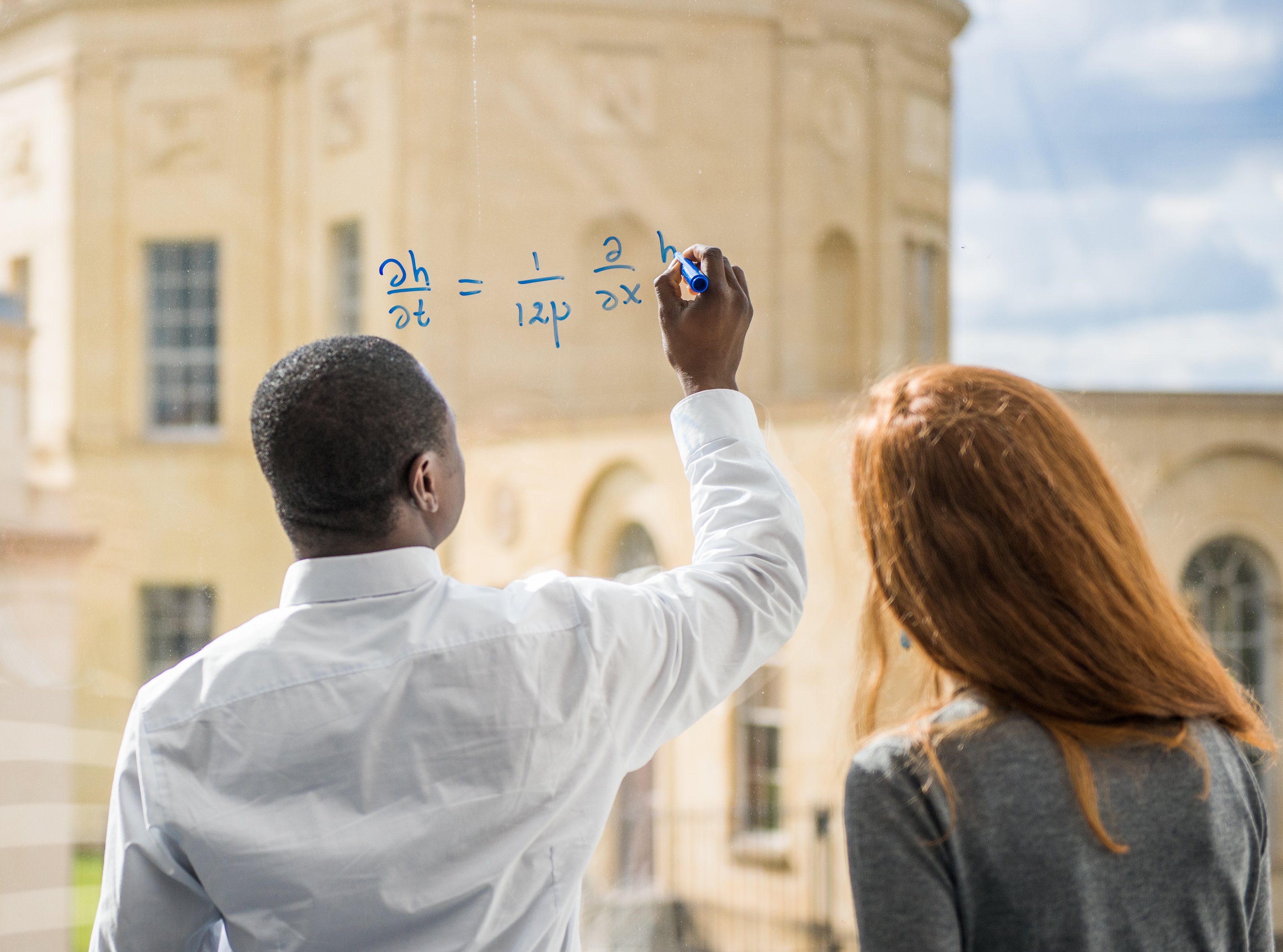Nearly $G_2$-manifolds and $G_2$-Laplacian co-flows
Lotay, J
Stein, J
(20 May 2025)
Spatial Segregation Across Travelling Fronts in Individual-Based and Continuum Models for the Growth of Heterogeneous Cell Populations
Carrillo, J
Lorenzi, T
Macfarlane, F
Bulletin of Mathematical Biology
volume 87
issue 6
(19 Jun 2025)
Preface
Arguin, L
Gayrard, V
Kistler, N
Kourkova, I
Springer Proceedings in Mathematics and Statistics
volume 293
v-vi
(01 Jan 2019)
Thu, 05 Jun 2025
13:30
13:30
L5
Seiberg-Witten theory
Harshal Kulkarni
Abstract
Seiberg-Witten theory is a powerful framework for understanding the exact non-perturbative dynamics of 4d $\mathcal{N} = 2$ supersymmetric QFTs. On the Coulomb branch of the moduli space, the low-energy physics is described by an abelian gauge theory with a holomorphic structure constrained by supersymmetry and duality. In this talk, I will explain the emergence of $PSL(2,\mathbb{Z})$ invariance in this effective field theory and how this naturally leads to a fibration of elliptic curves over the Coulomb branch. Focusing on the simplest case of $\mathcal{N} = 2$ SU(2) gauge theory without flavors, I will discuss the singularity structure of the Coulomb branch and the physical significance of these special points. I will conclude by briefly commenting on the central role that the singular structure of the moduli space plays in the classification of 4d $\mathcal{N}=2$ SCFTs.
Junior Strings is a seminar series where DPhil students present topics of common interest that do not necessarily overlap with their own research area. This is primarily aimed at PhD students and post-docs but everyone is welcome.
Ordinals arising as residual finiteness depths
Bridson, M
Revista matemática iberoamericana
Welcome to the Week 5 Bulletin! See below for all relevant news and announcements.
To suggest an item for a future bulletin, please email @email.



